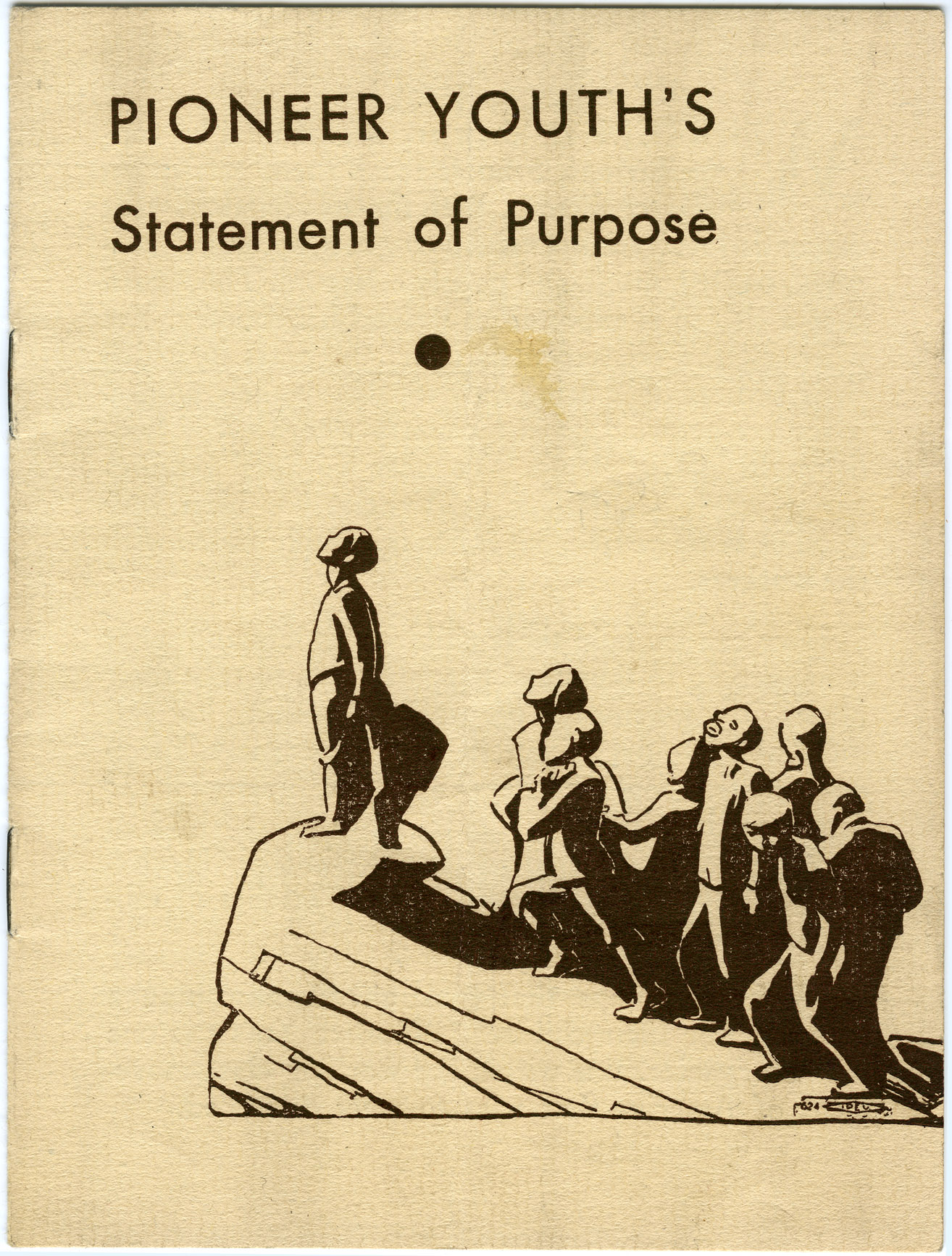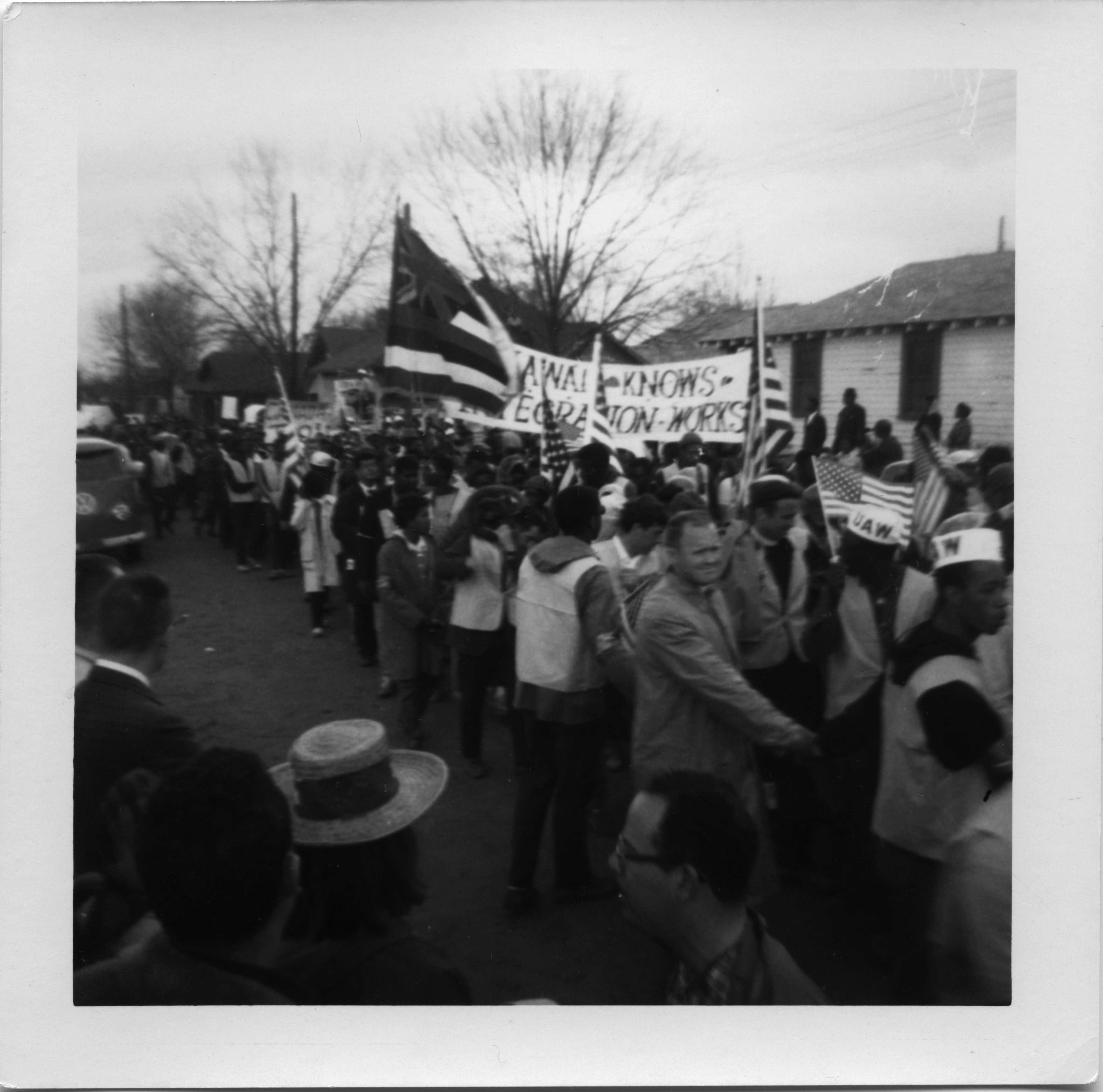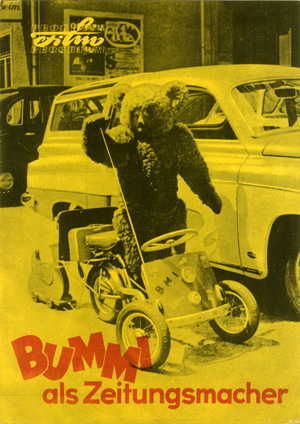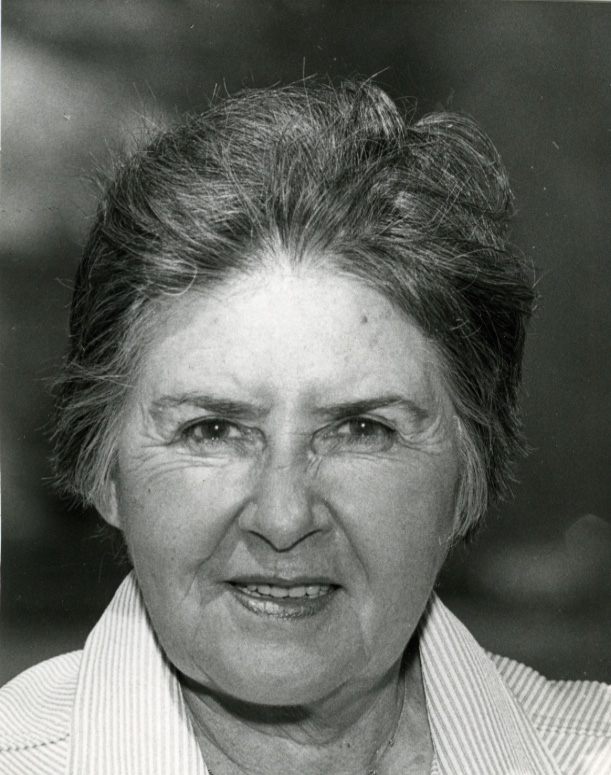Eric Mann and Lian Hurst Mann Papers
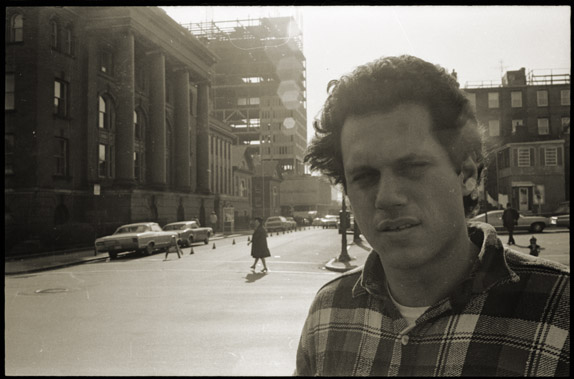
Photo by Jeff Albertson
Revolutionary organizers, writers, and theorists, Eric Mann and Lian Hurst Mann have been active in the struggle for civil rights for decades. The son of Jewish Socialist and labor organizer from New York, Mann came of age during the early phases of the Civil Rights movement and after graduating from Cornell (1964), he became field secretary for the Congress of Racial Equality. Increasingly radicalized through exposure to Black revolutionary nationalists, Mann took part in the Newark Community Union Project and became a leader in anti-imperialist opposition to the war in Vietnam as a New England regional coordinator for the Students for a Democratic Society (SDS) and later with the Revolutionary Youth Movement I — the Weatherman above-ground tendency of SDS. Following a militant demonstration at the Harvard Center for International Affairs late in 1969, Mann was convicted of assault on the basis of perjured testimony and sentenced to two years in prison. An organizer of his fellow prisoners even behind bars, he was “shipped out” often in the middle of the night, from prison to prison, spending the last year at Concord State Prison. After being released early in July 1971, he continued his prison activism through the Red Prison Movement. At the same time, as a writer, he earned a national audience for his book Comrade George: an account of the life, politics, and assassination of Soledad Brother George Jackson. Feeling himself at a low point in his radical career, Mann met Lian Hurst while vacationing in Mexico during the summer 1974. Hurst, a leader in the Berkeley Oakland Women’s Union, architect, and a strong Socialist Feminist, soon became his partner in life and politics, and Mann left Massachusetts to join with her in Berkeley. Hurst lead a group of women from BOWU who formed a “Thursday night group” and left the organization with the polemic, “socialist feminism is bourgeois feminism” all of whom moved towards integrating women’s liberation and Marxism-Leninism. At her urging, the two took part in Marxist Leninist party building, becoming union organizers with the United Auto Workers, and eventually moving to Los Angeles. Hurst was elected shop steward by her fellow workers as a known revolutionary. There, Mann led a campaign to keep the Van Nuys assembly plant open (1982-1992) — captured in his book, Taking on General Motors. They joined the August 29th Movement and its successor, the League of Revolutionary Struggle. They left LRS in 1984. In 1989, Mann and veterans of the GM Van Nuys Campaign formed the Labor/Community Strategy Center, which has been a primary focal points for their work ever since, helping to build consciousness, leadership, and organization within communities of color. Hurst became editor of AhoraNow, an innovative bilingual left publication that featured articles by Black and Latino working class leaders and helped initiate the center’s National School for Strategic Organizing. In 2003 Hurst wrote, “Socialist Feminism: Thoughts After 30 Years” for AhoraNow, a critical re-engagement of those important debates from an historical perspective after a 30 year reunion of BOWU’s key leaders. Mann’s latest book is Playbook For Progressives: 16 Qualities of the Successful Organizer. Hurst and Mann continue to write and agitate in the cause of revolutionary change, particularly for oppressed communities of color.
The Mann-Hurst collection contains the records of two lives intertwined with one another with the cause of liberation of Black and Latino communities, women, and an internationalist pro-socialist anti-imperialism. Containing a nearly complete set of publications, the collection also contains early materials on Lian Hurst’s work with BOWU and the both Eric and Lian’s time as organizers for the UAW and their participation in the August 29th Movement and League of Revolutionary Struggle. Of particular interest are a series of letters home written by Eric during his imprisonment. The collection contains comparatively little on Hurst and Manns’ more recent work with the Labor/Strategy Strategy Center or Bus Riders Union


